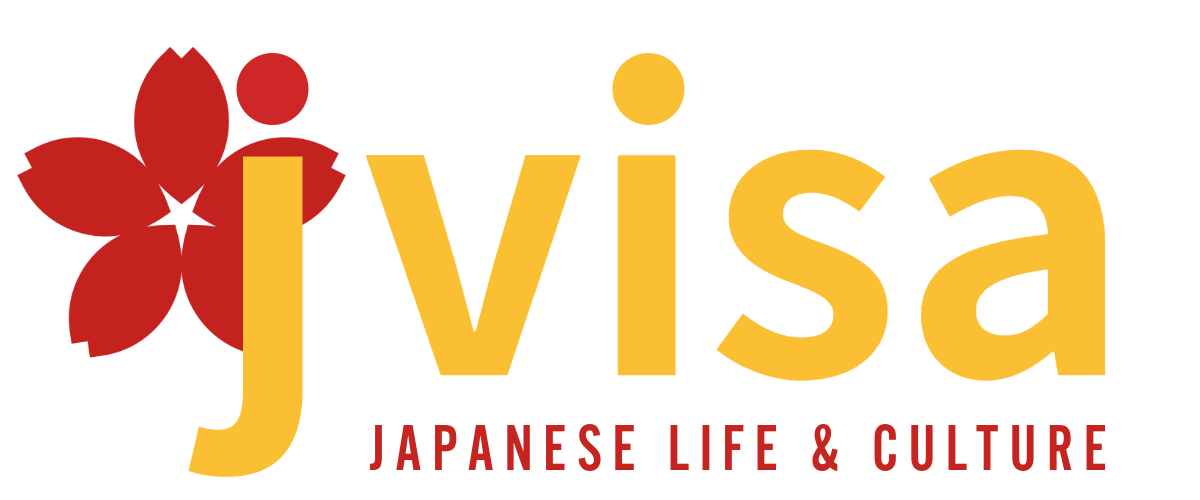Based on the final report submitted to the Minister of Justice of Japan on November 30, 2023, we will explain the proposed “Nurturing Employment System (tentative name)” as a successor to the Technical Intern Training Program. This new system, called “Nurturing Employment,” aims to develop human resources with the purpose of transferring advanced Japanese technology to developing countries and contributing to the economic development of those countries.
Background of Abolishing the Technical Intern Training Program and Establishing a New System
For many years, the Technical Intern Training Program has faced criticism from the international community. It has been pointed out that it has caused various social problems such as human rights violations in the workplace, illegal labor conditions, unpaid wages, issues of trainees going missing, and unauthorized employment. In order to address these issues and establish a more fair and effective system, the government decided to abolish the Technical Intern Training Program and introduce a new “Nurturing Employment System” on November 24, 2023. This Nurturing Employment System is scheduled to be established as a new residence status with the aim of the regular session of the National Diet in 2024.
Features of the Nurturing Employment System

The Nurturing Employment System sets the basic residency period at three years and ultimately aims to develop talents to the level of Specific Skill Level 1. Additionally, within this system, individuals who pass the more advanced Specific Skill Level 2 exam will have the opportunity for family accompaniment and relaxed employment conditions. Moreover, for those with Specific Skill Level 2, career changes, which were not permitted under the Technical Intern Training Program will be allowed under certain conditions. This enables foreign workers to operate in a safer and fairer environment, facilitating flexible career development.
Furthermore, the Nurturing Employment System is aligned with the 12 occupations covered by the Specific Skill System, facilitating a smooth transition of residency status and promoting long-term employment and career advancement for foreign workers. Additionally, Japanese language proficiency requirements, assessed through the Japanese Language Proficiency Test (JLPT) have been established, which is expected to mitigate communication issues with Japanese nationals. This creates an environment where foreign workers can live more comfortably in Japanese society, contributing to an improvement in their quality of life.
Comparison of system
There are four aspects to compare the Technical Intern Training Program with the Training and Education Program for Developing Skilled Workers.
Purpose of the system
| Technical training | International contribution through technology transfer |
| Training and Education Program for Developing Skilled Workers | Securing and Developing Human Resources |
The Technical Intern Training Program is a system aimed at contributing internationally by nurturing individuals who support the economic development of developing countries. On the other hand, the Training and Education Program for Developing Skilled Workers primarily aims to secure and develop human resources capable of transitioning to Specified Skilled Worker Type 1.
There have been criticisms regarding the Technical Intern Training Program, noting a discrepancy between its original purpose of international contribution and its actual operation. This issue has been internationally recognized as problematic. With the Training and Education Program for Developing Skilled Workers, focusing primarily on securing and developing human resources, the direction of the system has become more practical and clear compared to before.
Transition requirements
| Technical training | Prior to acceptance: 6 months or more, or 360 hours or more of training. Transition to Technical Intern Training Program Type 2: Passing the Basic Skills Examination. Transition to Technical Intern Training Level 3: Passing the Level 3 Skill Test |
| Training and Education Program for Developing Skilled Workers | Before acceptance: Japanese language proficiency equivalent to JLPT (Japanese Language Proficiency Test) N5 level. Within one year after acceptance: Pass the basic level of skill certification. Transition to Specified Skill Type 1: Pass the Japanese Language Proficiency Test N4 level + Pass either the Skill Proficiency Test Level 3 or the Specified Skill Type 1 Evaluation Test. Transition to Specified Skill Type 2: Pass the Japanese Language Proficiency Test N3 level + Pass either the Skill Proficiency Test Level 1 or the Specified Skill Type 2 Evaluation Test. |
The technical intern training program requires at least 6 months or 360 hours of training before acceptance. To move to Technical Intern Training No. 2, it is necessary to pass the Skill Test Basic Level, and to move to Technical Intern Training No. 3, it is necessary to pass the Skill Test Level 3.
On the other hand, under the training and employment system, proficiency at the N5 level of Japanese is required before acceptance, and passing the basic level of skill certification within one year after acceptance is required. Transitioning to Specified Skill Type 1 requires passing the Japanese Language Proficiency Test N4 level and either the Skill Proficiency Test Level 3 or the Specified Skill Type 1 Evaluation Test. Transitioning to Specified Skill Type 2 requires passing the Japanese Language Proficiency Test N3 level and either the Skill Proficiency Test Level 1 or the Specified Skill Type 2 Evaluation Test. In the training and employment system, Japanese language proficiency becomes increasingly emphasized.
The basic period of stay under the training and employment system is three years. Within this three-year period, passing the aforementioned exams and transitioning the residency status to specified skills is required.
Job change/ transfer
| Technical training | Generally not permitted |
| Training and Education Program for Developing Skilled Workers | If conditions such as the employment period are met, it may be possible. |
In the Technical Intern Training Program, changing jobs is generally not permitted. However, under the training and employment system, it is possible to change jobs if the following three conditions, including working for the same company for one year or more are met.
- Change jobs within the same accepting organization after working for one year or more
- Transfer within the same job category
- Pass the basic level of skill certification as well as the Japanese Language Proficiency Test N5.
In consideration of concerns regarding the outflow of talent from rural areas to urban areas, this policy is considering the introduction of transitional measures to restrict job changes for a certain period (at least one year). Additionally, criteria will be established to ensure that the ratio of accepted foreign workers in the receiving companies does not exceed a certain percentage. Furthermore, it will be required for the new employer to share a portion of the initial costs borne by the previous employer before the job change.
Support and protection agency
| Technical training | Technical Intern Training Organization |
| Training and Education Program for Developing Skilled Workers | New organization with strengthened support and protection functions |
Under the training and employment system, the Foreign Technical Intern Training Organization is being reorganized and a new organization will be established. This new organization will operate the system under stricter supervision and aims to enhance support and protection for foreign technical intern trainees.
Furthermore, the new organization will enhance coordination with the Immigration Services Agency and the Labor Standards Inspection Office. This will lead to an increased emphasis on compliance with laws in the operation of the system. The strengthened coordination is expected to contribute to the protection of the rights of technical intern trainees and the establishment of appropriate working environments. Through the proper management and support of foreign workers within Japan, the aim is to adhere to international labor standards.
Future prospects
The transition from the Technical Intern Training Program to the system aimed at nurturing and employing foreign workers demonstrates Japan’s willingness to respond to international criticism and establish a more fair and effective system for accepting foreign workers.
At present, the system aimed at nurturing and employing foreign workers is proposed as a “Draft” and there is a possibility of changes to its content until the system is formally decided. We will continue to provide the latest information on this system, so please stay tuned.











